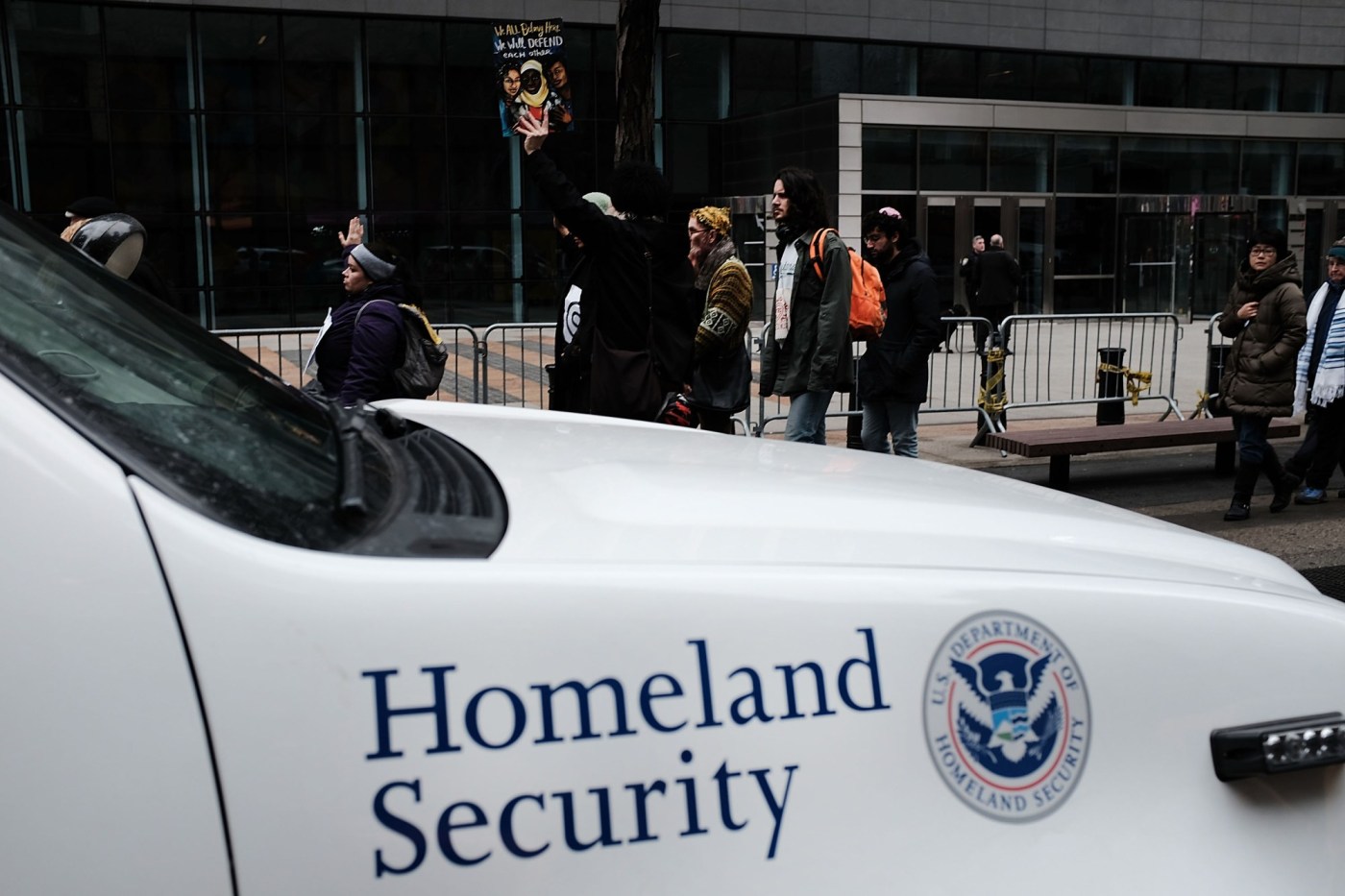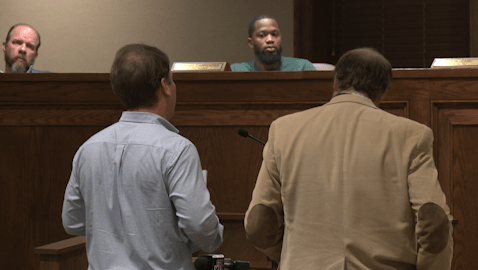UPDATE: The mass deportation of irregular migrants in the United States is escalating, fueled by the recently passed “Big, Beautiful Bill.” As enforcement actions intensify, authorities are increasingly targeting not just criminals but also hardworking individuals who have contributed to society for decades.
Today, multiple reports confirm that agricultural, construction, and service workers are facing deportation, igniting a fierce backlash from advocates and community leaders. Archbishop Thomas Wenski of Miami, a vocal critic of these policies, argues that the current enforcement-only strategy reflects a broken and unjust immigration system that harms families and communities.
The crackdown is not solely focused on “bad actors.” Many of those affected have been living in the U.S. for years, paying taxes and raising families. Wenski emphasizes the need for justice to extend beyond cold legalism, advocating for a fair and humane approach that recognizes the dignity of every individual.
In a statement released earlier today, Wenski remarked,
“We can be a nation of laws without becoming a nation of Javerts,”
referencing the relentless pursuit of justice seen in Victor Hugo’s “Les Misérables.” He highlights the importance of seeing migrants through a lens of compassion rather than viewing them as criminals.
The intensified enforcement has drawn criticism from various sectors, fueling resentment and division within the political landscape. Wenski and other bishops are calling for comprehensive immigration reform that would address labor shortages, support family reunification, and provide pathways to citizenship for those already contributing to the U.S. economy.
As of now, the Trump administration has not indicated plans to collaborate with Congress on reforming immigration laws. Instead, they continue to focus on a punitive approach that many argue is not sustainable nor beneficial for the country.
This situation remains fluid, with advocates urging immediate action to prevent further deportations. The emotional toll on families facing separation cannot be overstated, as loved ones are rounded up and sent back to countries they may no longer recognize.
Stakeholders are watching closely as public sentiment shifts. The bishops’ advocacy for migrants aligns with a long-standing moral tradition that prioritizes the common good over strict legal adherence.
As this crisis unfolds, the call for a more inclusive and just immigration policy grows louder. The urgency of reform cannot be ignored, as the effects of current policies ripple through communities across the nation.
Stay tuned for further developments on this pressing issue, as advocates continue to push for change and justice for those affected by these harsh enforcement measures.







